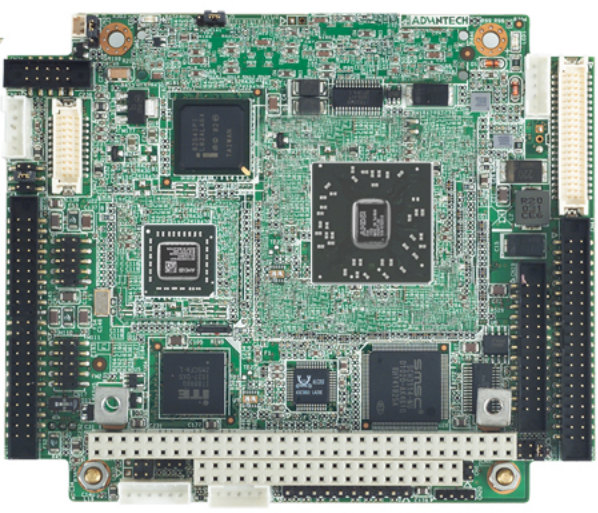AMD has unveiled another APU in its Embedded G-Series processor family with the AMD Embedded G-T16R, which aims to provide a more powerful (up to 3x) and less power-hungry (7% less) replacement to AMD Geode LX processors. The AMD G-T16R is targeted at very low power, small form factor and cost-sensitive embedded designs. The company claims the processor consumes about 2.3 watts on average or 4.5 watts thermal design power (TDP). This new AMD embedded processor targets industrial control, point-of-sale, medical appliance and transportation markets. As with the other G-Series platforms, the G-T16R can fit into small form factor boards by implementing a two-chip platform: APU + controller hub. AMD G-T16R is clocked at 615MHz, features a Radeon HD 6250 GPU and supports 1920×1200 resolution via VGA, single link DVI and DisplayPort 1.1a video outputs. It can also output 1080p via HDMI and LVDS. The APU supports Windows Embedded Compact […]
Express Logic Releases ThreadX-Lite RTOS for ARM Cortex-M
Express Logic has unveiled its ThreadX-Lite Real-Time Operating System, a priority-based, preemptive scheduling RTOS for ARM Cortex-M development. It is exclusively be available via IAR Systems and is integrated with the C/C++ compiler and debugger tool suite IAR Embedded Workbench. ThreadX-Lite is “designed to be small, fast, and easy-to-use, while maintaining the functionality and efficiency of a highly optimized RTOS”. ThreadX-Lite targets Cortex-M0, M0+, M3, and M4-based microcontrollers from Atmel, Freescale, Fujitsu, Infineon, NXP, STMicroelectronics, and Texas Instruments. ThreadX-Lite is a subset of ThreadX RTOS, both RTOS share features and capabilities packaged in an object library as well as ThreadX API, but it is not very clear what the differences between the two are from the resources available. Here are the key feature of this RTOS: Small-footprint (small as 2KB, automatic scaling) Fast execution (sub microsecond context switch) Unlimited threads, semaphores, timers, queues, block pools, byte pools, and event flag groups […]




